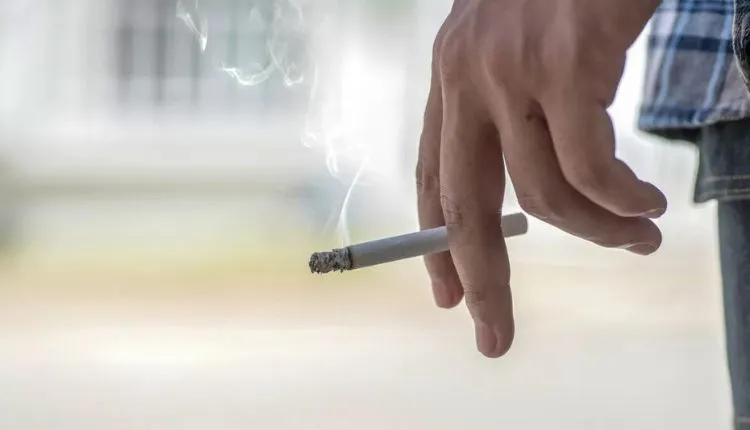Introduction:
Cigarettes have been a controversial and widely debated topic for decades due to their harmful effects on health. However, when it comes to the shelf life of cigarettes, there is often confusion and uncertainty. Do cigarettes expire? Can they go bad over time? In this article, we will explore the truth behind the expiration of cigarettes, shedding light on their shelf life, factors affecting their quality, and guidelines for proper storage. So, let’s delve into the world of tobacco and unravel the mysteries surrounding the longevity of cigarettes.
Body:
Understanding The Composition Of Cigarettes:
To comprehend the expiration of do cigarettes expire, it is essential to understand their composition. Cigarettes consist of tobacco leaves, paper, filters, and other additives. The tobacco leaves, being the primary component, undergo curing processes to develop their characteristic flavors and aromas. These processes involve drying and fermenting the leaves, significantly impacting the overall quality and longevity of cigarettes.
The Shelf Life Of Cigarettes:
Contrary to popular belief, cigarettes do not have a strict expiration date. Instead, they have a “best by” or “manufactured on” date printed on the packaging. This date indicates when the cigarettes were produced or packaged, but it does not signify that they become unsafe to smoke after a certain period. However, it is crucial to note that the quality and taste of cigarettes may deteriorate over time, depending on various factors.
Factors Affecting Cigarette Quality: Several factors influence the quality and freshness of cigarettes, including: a. Moisture: Exposure to excessive moisture can cause the tobacco to become moldy or develop an unpleasant taste. b. Light: Ultraviolet (UV) rays from sunlight can degrade the tobacco and affect its flavor. c. Temperature: Extreme temperatures, both hot and cold, can impact the overall quality of cigarettes. High temperatures may dry out the tobacco, while low temperatures can make it brittle.
Proper Storage Of Cigarettes:
To ensure the longevity and quality of cigarettes, proper storage practices are crucial. Here are some guidelines to follow: a. Keep them in a cool, dry place: Store cigarettes in a cool and dry environment to prevent moisture build-up and preserve their freshness. b. Avoid exposure to light: Shield cigarettes from direct sunlight or UV rays to prevent the degradation of tobacco and flavors. c. Use airtight containers: Consider storing cigarettes in airtight containers or resealable bags to protect them from moisture and air exposure.
Frequently Asked Questions (FAQs):
FAQ 1: Can expired cigarettes make you sick? Answer: While expired cigarettes may not make you sick, they can lose their flavor and freshness. Smoking expired cigarettes might result in a harsher taste and potentially reduced satisfaction.
FAQ 2: Are expired cigarettes less harmful to health? Answer: No, the harmful effects of smoking remain the same regardless of whether cigarettes have expired or not. Smoking any cigarettes, expired or not, can contribute to various health issues, including respiratory problems, heart diseases, and cancer.
Conclusion:
In conclusion, cigarettes do not have a definite expiration date but rather a “best by” or “manufactured on” date. Although they do not necessarily become unsafe to smoke, the quality and taste of cigarettes may deteriorate over time due to exposure to moisture, light, and extreme temperatures. Proper storage, including keeping cigarettes in a cool, dry place and protecting them from light, can help preserve their freshness. However, it is important to note that smoking any cigarettes, expired or not, poses significant health risks. It is always advisable to consider quitting smoking or seeking support to lead a healthier life.
Remember, smoking harms your health and the health of those around you. If you’re a smoker, consider exploring cessation options or seeking guidance from healthcare professionals to kick the habit for good.

